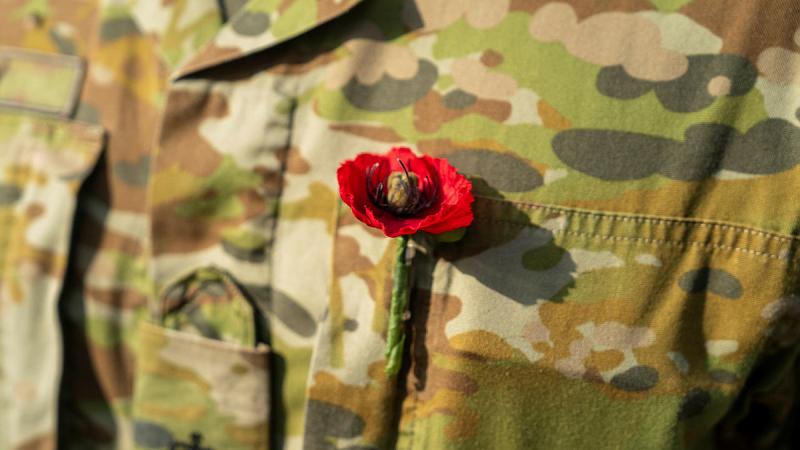The cost of food, fuel and fertiliser in some of the world’s most vulnerable communities is continuing to escalate to crisis levels since Russia’s invasion of Ukraine, with families spending up to ten times what they paid almost 16 months ago, according to new analysis from global women’s rights organisation ActionAid. A survey of more than 1,000 community members and leaders in 14 countries across Africa, Asia and the Caribbean found that prices of pasta and fertiliser rose by more than 115% over the period monitored, while costs of petrol and period pads increased by 80% or more.
Rising prices has led to soaring child marriage rates. Community leaders in 10 out of 11 of the countries surveyed said that rates of child marriage were increasing in their local areas. Children’s education prospects are also being threatened. Community leaders in 10 out of 14 countries surveyed said that the increased cost of living had led to higher school drop-out rates as parents struggle to afford school fees or are forced to rely on child labour to support their livelihoods.
Roster Nkhonjera, a 40-year-old mother of five from Rumphi district in Malawi, had to take her children out of school due to debilitating living costs. “I have failed to pay school fees for my two children due to price hikes,” she says. “What I earn from my small business barely covers one meal a day for my children.”
Michelle Higelin, Executive Director of ActionAid Australia, said:
“As the world faces an unprecedented cost of living crisis, it is women and girls in some of the world’s most marginalised communities who are bearing the brunt of skyrocketing food, fuel, and fertiliser prices.”
“This new research has laid bare how the worsening food crisis alongside intersecting climate and health crises are further exacerbating existing gender inequality. Women and girls are disproportionately affected by multiple crises that are reducing their access to food, leading to greater debt distress, and increasing occurrences of child marriage and gender-based violence.”
ActionAid’s analysis found that Zimbabwe – where an estimated 2.8 million people are unemployed – has been hit particularly hard, with people in some districts reporting petrol prices rising by more than 900%, pasta prices rising by up to 750%, fertiliser costs rising by more than 700% and period pads costing more than 600% more. Joy Mabenge, Country Director of ActionAid Zimbabwe, said:
“Food and fuel prices in Zimbabwe have been increasing on a near-daily basis, hitting the country’s many families who live below the poverty line the hardest. In certain areas, some households cannot even afford one meal a day because the food prices have spun completely out of control, leaving many battling to keep their heads above water. They are literally living one day at a time, not knowing where their next meal will come from.”
Since the start of the war, in local markets and communities in the countries surveyed by ActionAid:
· Communities are on average now spending twice as much (101% more) on a loaf of bread (rising by up to 614% in the Binga district of Zimbabwe) and 119% more on pasta.
· Average prices for fertilisers rose by 118%.
· The cost of period pads soared by 83% on average
· The average cost of petrol increased by 80%.
· Sugar was up by an average of 59% (rising by more than 800% in Zimbabwe’s Binga district).
· Cooking oil was up by an average of 57% (rising by 224% in Somaliland’s Wajale district)
· Cooking gas was up by an average of 47% (rising by 216% in the Kwara area of Nigeria)
Almost three-quarters (74%) of those surveyed said that they had shifted their diets to low-quality food, while more than half (59%) said that people in their community had gone into debt. More than half of those surveyed said the price rises made them feel sad or hopeless (54% and 53% respectively), prompting concerns about the impact the crisis is having on families’ emotional wellbeing and mental health.
ActionAid is advocating for a holistic approach and adequate funding that tackles all interconnected crises exacerbating the price crisis, including climate change, debt stress, and the profound repercussions of the Russian invasion in Ukraine.
Teresa Anderson ActionAid International’s Global Lead on Climate Justice said: “Social protection measures need to be urgently introduced, including free education services and free school meals, to assist the families who are most at risk.
“In the longer term, governments dependent on food imports must also invest in national and regional food reserves to act as buffers and reduce countries’ vulnerability to food shortages and price rises. The catastrophic impacts we are seeing make it clear why a just transition to renewable energy and agroecological farming practices is needed now more than ever, both to protect communities from shocks but also to offer resilience against the climate crisis. There is no time to waste.” Ends
F








